Maple Syrup Vs. Honey: Differences, Health Benefits & Recipes
Investigate these natural sugar substitutes to find the best one for your breakfast.
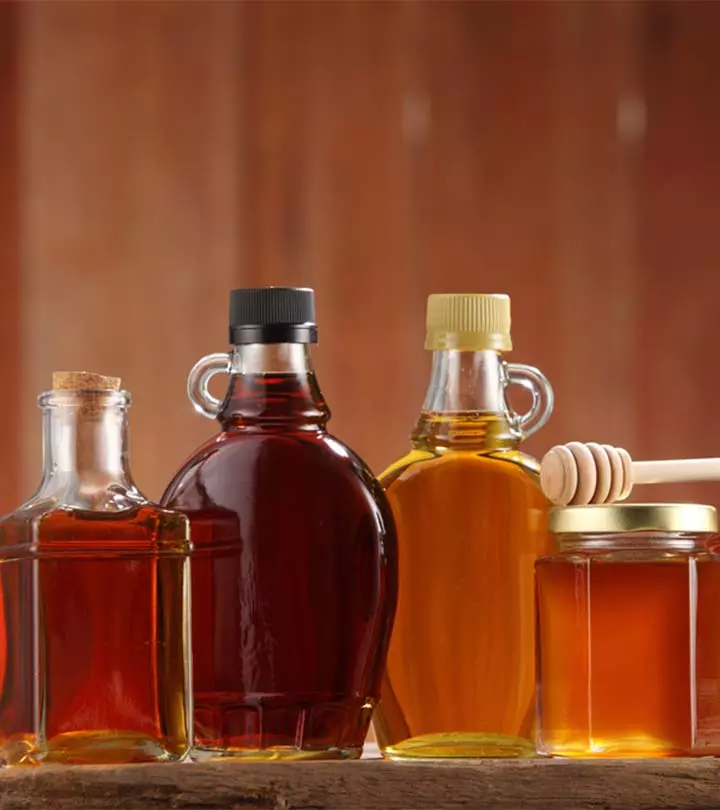
Image: Shutterstock
People are now conscious about their sugar intake, and many of us constantly search for a healthy alternative. And this is where many find themselves stuck in the maple syrup vs. honey debate. Both are popular as healthy sugar alternatives. But which is better for you? What are the major differences between these two? Continue reading to know more about maple syrup and honey and their benefits.

In This Article
What Is Honey?
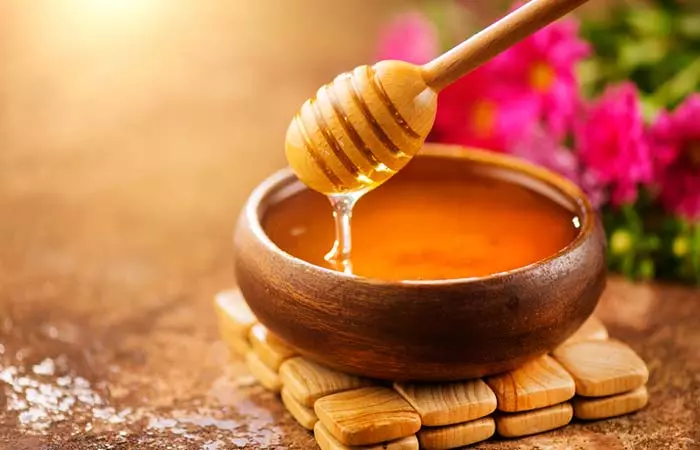
Honey is the thick, golden liquid made by honeybees using the nectar from flowers. It is stored in beehives, from where it is extracted by humans.
The use of honey for its various properties can be traced back to ancient times. Ancient Greeks and Ayurvedic healers used honey for healing wounds and treating digestive conditions. Ancient Egyptians used it to treat infected wounds and for embalming the dead (1). While it is still not completely accepted by the medical community as a medicinal remedy, there is mounting scientific evidence that may validate what our ancestors have been saying about honey for centuries.
Now that we know what honey is and its use throughout history, let us look into what maple syrup is and where it comes from.
Key Takeaways
- Made by honeybees with flowers’ nectar, honey is a thick, golden liquid.
- Honey and maple syrup differ in their nutritional profile and making procedure.
- While honey may improve cholesterol levels, maple syrup may enhance antibiotic activity.
What Is Maple Syrup?
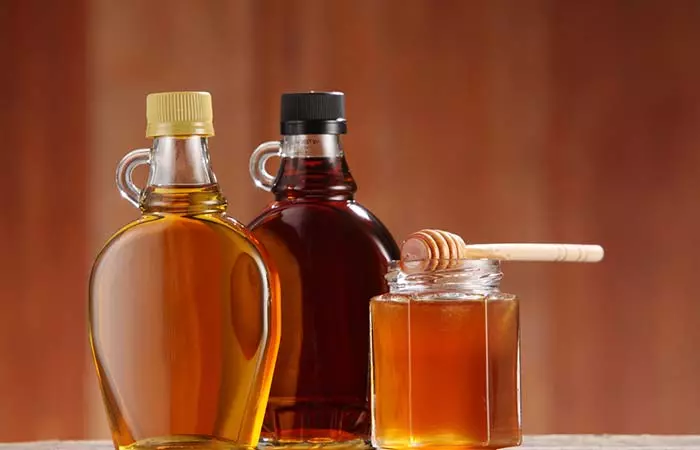
Imagine piping hot pancakes with a side of bacon waiting for you at breakfast. You look at them and know there is one thing missing – maple syrup. Legend has it that Native American tribes used to drink maple syrup directly from the maple tree. Angry at their laziness, a deity turned the syrup into sap, making it necessary to process before consumption. Today, maple syrup producers boil the sap extracted from the tree and process it to produce the dark, rich syrup that we know and love.
Now that we know what maple and honey are and where they come from, let us check out the differences between them.
Honey Vs. Maple Syrup – Key Differences
While people think honey and maple syrup are similar, there are a few factors that set both of them apart:
- Nutritional Profile
The US Department of Agriculture shows that while both honey and maple syrup are rich sources of energy and carbohydrates, honey is the one that is rich in vitamins B3, B5, and C (2), (3). Maple syrup does not contain any of these three vitamins (3).
Honey is a rich source of minerals such as phosphorus, iron, and copper (2). Maple syrup, on the other hand, is a rich source of potassium, calcium, magnesium, and zinc (3).
- How They Are Made
Maple syrup is made by collecting the milky white sap the maple tree produces through taps drilled in the trees and stored in a tank. The sap is boiled and condensed to give maple syrup. Honey is made by honeybees that collect the nectar from flowers and put it in the honeycomb. Here, they constantly fan it with their wings to help it condense and evaporate, creating the golden honey.
The calorie content is one of the major differences between honey and maple syrup. Learn in more details in the section below.
Calorie Content In Honey And Maple Syrup
Honey is a natural sweetener that contains approximately 304 kcal per 100 grams (2). While its calorie content is moderate, honey offers various health benefits, including antioxidants and antibacterial properties. On the other hand, maple syrup, another popular sweetener, contains around 260 kcal per 100 grams (3). While both honey and maple syrup provide sweetness, their nutritional profiles differ slightly. Maple syrup boasts of minerals like manganese and zinc, whereas the concentration of minerals in honey differ based on the flower source (4). Nevertheless, moderation in sweetener consumption is key for a balanced diet, which means considering not only calorie content but also the unique nutritional attributes of each sweetener. Always be mindful of portion sizes to maintain a healthy and well-rounded dietary approach.
While honey and maple syrup may look similar due to their color, you can see that both are different in their nutritional value and the way they are made.
 Pro Tip
Pro TipIn the section, let’s have a look at the innumerable health benefits that honey and maple syrup offer.
Health Benefits Of Honey
In the epic battle between maple syrup vs. honey, let us first check out the benefits of honey and the science behind it.
1. May Improve Cholesterol Levels
The Centres for Disease Control and Prevention estimates that 38% of Americans have high cholesterol (5). If you are looking for healthier ways to reduce your cholesterol levels, honey might be the answer. A study conducted in Iran on overweight and obese individuals found that the consumption of honey reduced the total cholesterol levels and other cardiovascular risk factors without causing an increase in weight (6).
2. May Relieve Symptoms Of Cough And Cold
Do you remember when you caught the seasonal flu, and your mom gave you a hot cup of tea mixed with honey? Honey has been used as a remedy for treating cold and cough for thousands of years across the world. A study conducted in Iran found that honey can be used to treat cough in children who have upper respiratory infections (7).
The CDC recommends the use of honey for treating cough and cold in children and adults (8).
3. Heals Burns And Wounds
Research shows that honey has healing properties that can help heal wounds and burns effectively. A research study conducted in Greece concluded that Manuka honey is effective in healing diabetic foot ulcers (9).
A review of existing research suggested that honey may be a good healing agent for partial burns and post-operative wounds, but more research needs to be conducted to establish the efficacy of honey in this regard (10).
4. May Help Treat Skin Diseases
Research shows that honey may help in the treatment of skin diseases as well. A clinical trial conducted in New Zealand found kanuka honey to be effective in the treatment of psoriasis as it caused a decrease in the intensity of lesions (11). But, research needs to be conducted to prove the same.
Now that you know what benefits honey offers, let us see the benefits of maple syrup.
Health Benefits Of Maple Syrup
Maple syrup comes with its own set of health benefits:
1. May Help Fight Cancer
Maple syrup may play a role in fighting cancer. Researchers in Japan examined the effect of maple syrup on human colorectal cancer cells. The results showed that the growth rate of the cancer cells that were administered maple syrup was lower. In addition to this, maple syrup also played a role in inhibiting cell movement or invasion (12).
2. May Help Reduce Liver Inflammation
This delicious sweetener may play a role in reducing liver inflammation. A study was published in Bioscience, Biotechnology, and Biochemistry that studied the effect of maple syrup extract on mice that were fed a high-fat diet. The researchers found that maple syrup reduced liver inflammation in these mice (13). While the results are favorable, more studies need to be replicated in humans to verify this fact.
3. May Improve Your Workouts
Research suggests that maple syrup may improve your workouts. Perceived exertion is how hard you feel like your body is working. It is used to measure the intensity of exercise. A lower rating of physical exertion means your body does not feel it is working as hard as it is actually working. This pushes you to work out harder.
A study was conducted by researchers at the University of Montreal (Canada) to see whether consumption of a maple-based sports drink improved the perception of exercise exertion. They found that men who had consumed the concentrated maple sap sports drink reported lower ratings of perceived exertion than those who were given the placebo or other drinks (14).
4. May Enhance Antibiotic Activity
Researchers in Canada studied maple syrup extract and its microbial activity. The results showed that maple syrup demonstrated antibacterial activity. When paired with antibiotics, it showed that it enhanced antibiotic activity when tested against bacterial pathogens (15). This research suggests that maple syrup may play a role in modern medicine in the future.
Honey or maple syrup, research suggests both the natural sweeteners may benefit your health in a multitude of ways and provide a healthier option than white sugar. Let us look at some of the recipes with honey and maple syrup that are popular right now.
Honey And Maple Syrup – Popular Recipes
Honey and maple syrup are two golden liquids that are popular all over the world. Let us check out a few recipes that can help you incorporate them both into your diet.
1. Honey Lemon Iced Tea
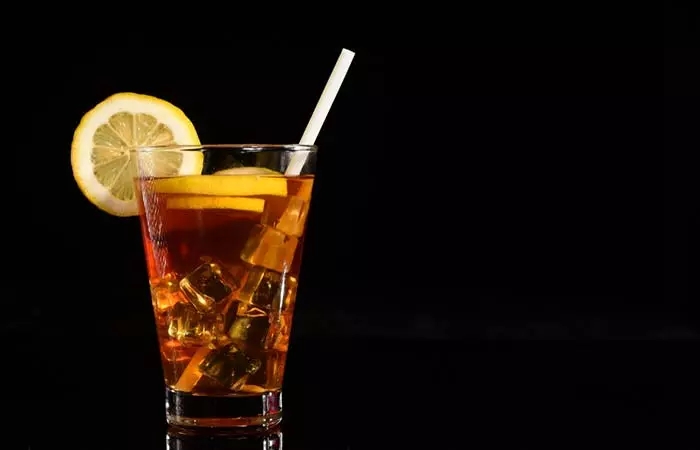
Ingredients
- 6 iced tea bags
- 4 cups of water
- 1 cup of honey
- Juice of 4 lemons
- Ice cubes
Instructions
- Bring the 4 cups of water to a boil.
- Pour the boiling water into a pitcher.
- Add all the tea bags into the pitcher and stir well.
- Let the tea bags steep in the water for 10 minutes.
- Take out the tea bags and discard them.
- Add the honey and lemon juice.
- Stir the mixture well.
- Once it cools down, put it in the refrigerator.
- When you are ready to drink it, pour some iced tea over ice cubes in a glass.
2. Beet Salad With Feta Cheese, Maple Pecans, And Mint Vinaigrette
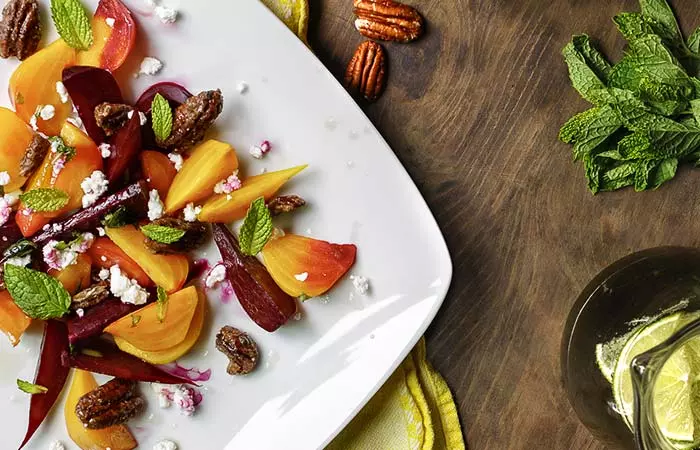
Ingredients
- 2 pounds of medium-sized beets
- 1 cup of whole raw pecans
- 2 tablespoons of maple syrup
- ½ teaspoon of salt
- ¼ cup of minced mint leaves
- 2 tablespoons of olive oil
- 1 tablespoon of apple cider vinegar
- ½ teaspoon of salt
- ¼ cup of crumbled feta cheese
- Mint leaves (for garnish)
Instructions
- In a medium pot, add a few inches of water, a steaming basket, and cover. Put it over medium heat and bring the water to a simmer.
- Trim the ends of the beets and peel them.
- Cut each beet into 8 wedges.
- Steam them for 20 minutes until they are
- Toast the pecans in a pan over low heat, stirring occasionally.
- When they turn light brown, add the maple syrup and salt.
- Stir them continuously for a few minutes until the sugar crystallizes. Then, remove the pan from the heat.
- To make the vinaigrette, add the minced mint leaves, olive oil, and apple cider vinegar toa small jar. Shake it well.
- In a bowl, toss the steamed beets and vinaigrette together.
- Mix everything properly till the beets are coated well.
- Before serving, sprinkle some pecans, crumbled feta cheese, and mint leaves on top.
 Pro Tip
Pro TipThe debate of maple syrup vs. honey has been around for ages. Honey helps manage cholesterol levels, relieves the symptoms of cold and cough, heals burns and wounds, and helps treat skin diseases. Maple syrup reduces the risk of cancer, helps reduce liver inflammation, improves workouts, and enhances the activity of antibiotics. Honey and maple syrup have many beneficial nutrients in them. However, their nutritional profile and manufacturing processes differ. You can choose any one of these as both are healthy substitutes for white sugar. However, moderate consumption is advised to reap their benefits.
Frequently Asked Questions
Can those with diabetes eat honey or maple syrup?
Yes, but in moderation. Honey may have potential anti-diabetic effects and may reduce health complications that come with diabetes. Maple syrup may have a lower glycemic index than regular sugar (16), (17).
Which is better for blood pressure: honey or maple syrup?
Honey. While scientific studies on the beneficial effects of maple syrup on regulating blood pressure are lacking, honey reduces blood pressure by decreasing oxidative stress on the kidneys (18).
Which is better for weight loss: honey or maple syrup?
Honey. Researchers have determined that honey may reduce weight gain and adiposity, while studies on maple syrup are lacking. However, both natural sweeteners are better options than table sugar (19), (20).
Individuals with diabetes should monitor their carbohydrate intake, including sugars from sources like honey or maple syrup. Check the video below to learn the differences and the health benefits of both ingredients.
References
Articles on StyleCraze are backed by verified information from peer-reviewed and academic research papers, reputed organizations, research institutions, and medical associations to ensure accuracy and relevance. Read our editorial policy to learn more.
- Traditional and Modern Uses of Natural Honey in Human Diseases: A Review
https://www.ncbi.nlm.nih.gov/labs/pmc/articles/PMC3758027/#B12 - Honey
https://fdc.nal.usda.gov/fdc-app.html#/food-details/169640/nutrients - Syrups, Maple
https://fdc.nal.usda.gov/fdc-app.html#/food-details/169661/nutrients - Concentration of Minerals in Nectar Honeys from Direct Sale and Retail in Poland
https://www.ncbi.nlm.nih.gov/pmc/articles/PMC6208848/ - Dietary Cholesterol Intake and Sources among U.S Adults: Results from National Health and Nutrition Examination Surveys (NHANES), 2001–2014
https://pmc.ncbi.nlm.nih.gov/articles/PMC6024549/ - Natural Honey and Cardiovascular Risk Factors; Effects on Blood Glucose, Cholesterol, Triacylglycerol, CRP, and Body Weight Compared with Sucrose
https://pubmed.ncbi.nlm.nih.gov/18454257/ - A Comparison of the Effect of Honey, Dextromethorphan, and Diphenhydramine on Nightly Cough and Sleep Quality in Children and their Parents
https://pubmed.ncbi.nlm.nih.gov/20618098/ - Manage Common Cold
https://www.cdc.gov/common-cold/treatment/index.html#:~:text=Use%20honey%20to%20relieve%20cough,should%20not%20be%20given%20honey. - Manuka Honey-impregnated Dressings in the Treatment of Neuropathic Diabetic Foot Ulcers
https://pubmed.ncbi.nlm.nih.gov/22985336/ - Honey as a Topical Treatment for Wounds
https://pubmed.ncbi.nlm.nih.gov/25742878/ - A Randomised Controlled Trial of Topical Kanuka Honey for the Treatment of Psoriasis
https://www.ncbi.nlm.nih.gov/labs/pmc/articles/PMC4012670/ - Inhibitory Effect of Maple Syrup on the Cell Growth and Invasion of Human Colorectal Cancer Cells
https://www.ncbi.nlm.nih.gov/labs/pmc/articles/PMC4358083/ - Administration of a Maple Syrup Extract to Mitigate their Hepatic Inflammation Induced by a High-fat Diet: a Transcriptome Analysis
https://pubmed.ncbi.nlm.nih.gov/25982262/ - Ingestion of Maple-based and Other Carbohydrate Sports Drinks: Effect on Sensory Perceptions During Prolonged Exercise
https://jissn.biomedcentral.com/articles/10.1186/s12970-020-00384-3 - Polyphenolic Extract from Maple Syrup Potentiates Antibiotic Susceptibility and Reduces Biofilm Formation of Pathogenic Bacteria
https://www.ncbi.nlm.nih.gov/labs/pmc/articles/PMC4421064/ - Honey and Diabetes: The Importance of Natural Simple Sugars in Diet for Preventing and Treating Different Type of Diabetes
https://www.ncbi.nlm.nih.gov/pmc/articles/PMC5817209/ - Comparison of the enhancement of plasma glucose levels in type 2 diabetes Otsuka Long-Evans Tokushima Fatty rats by oral administration of sucrose or maple syrup
https://pubmed.ncbi.nlm.nih.gov/24005018/ - Honey Supplementation in Spontaneously Hypertensive Rats Elicits Antihypertensive Effect via Amelioration of Renal Oxidative Stress
https://www.ncbi.nlm.nih.gov/pmc/articles/PMC3270456/ - Honey promotes lower weight gain, adiposity, and triglycerides than sucrose in rats
https://pubmed.ncbi.nlm.nih.gov/21310307/ - Differential Effects of Chronic Ingestion of Refined Sugars versus Natural Sweeteners on Insulin Resistance and Hepatic Steatosis in a Rat Model of Diet-Induced Obesity
https://www.ncbi.nlm.nih.gov/pmc/articles/PMC7469035/
Read full bio of Dr Archana Batra
Read full bio of Varsha Patnaik
Read full bio of Ravi Teja Tadimalla
Read full bio of Sindhu Koganti







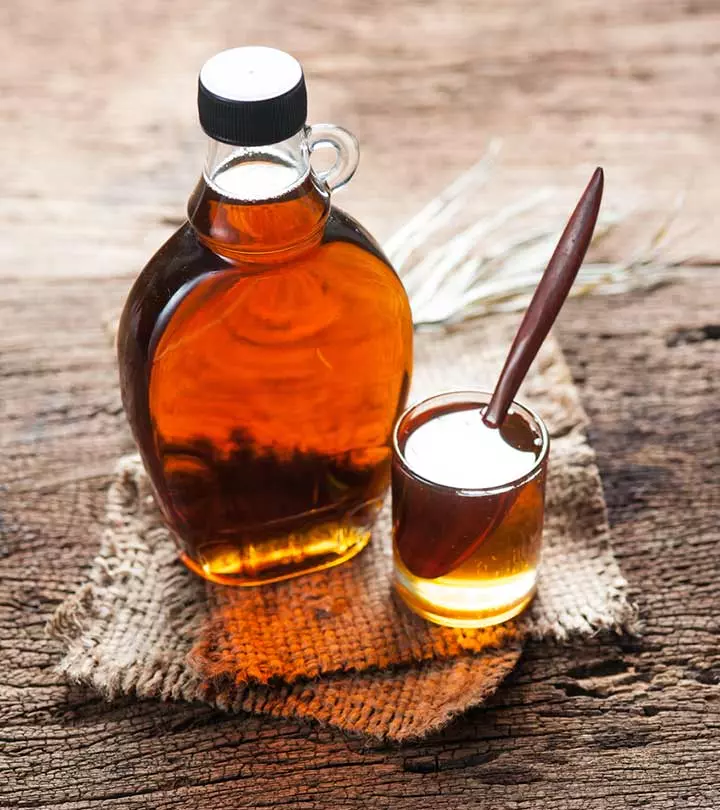
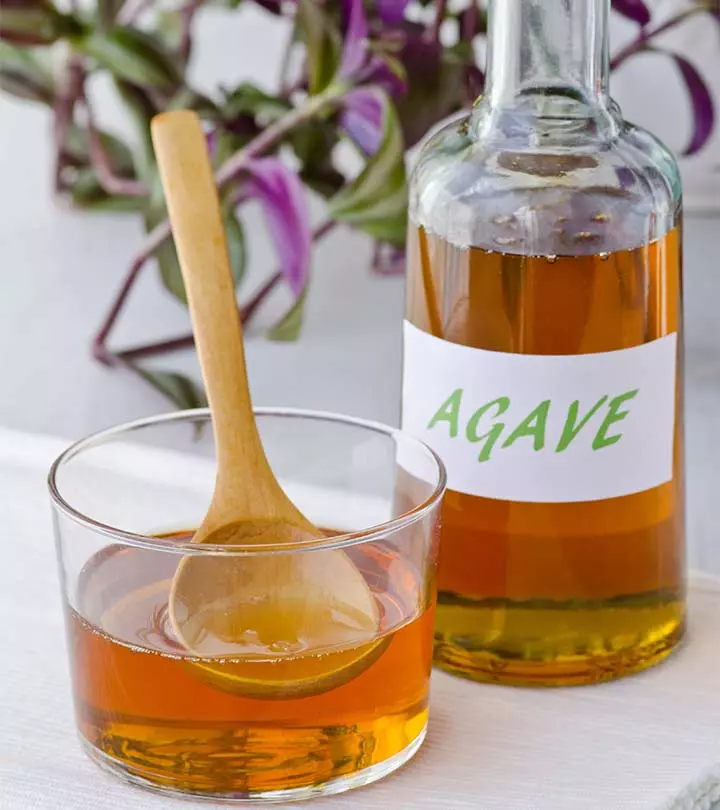
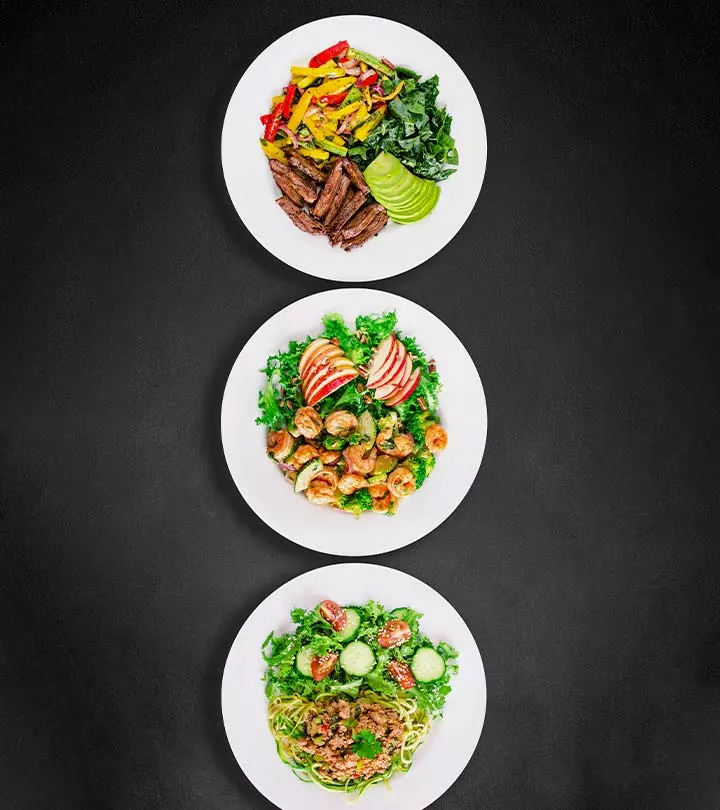
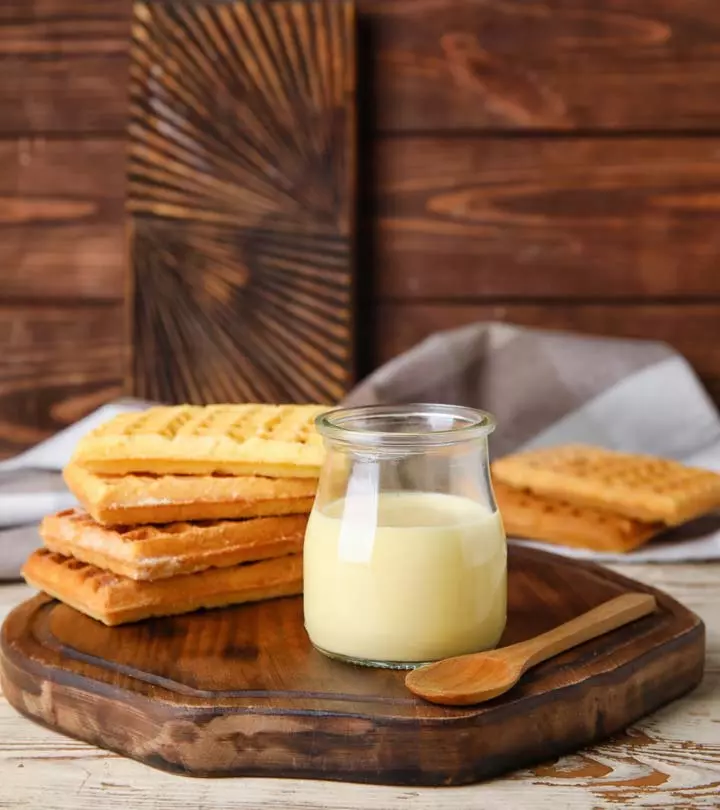
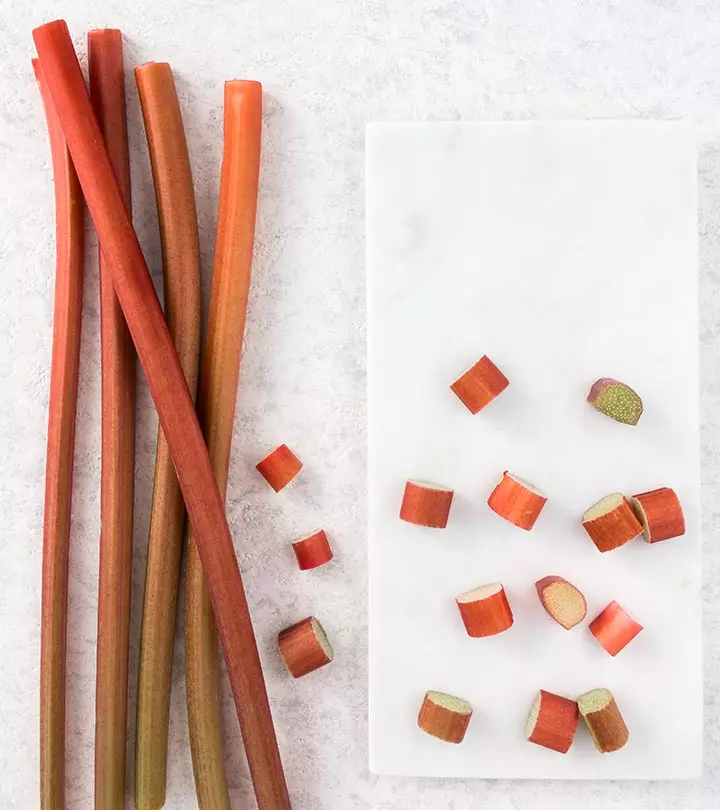
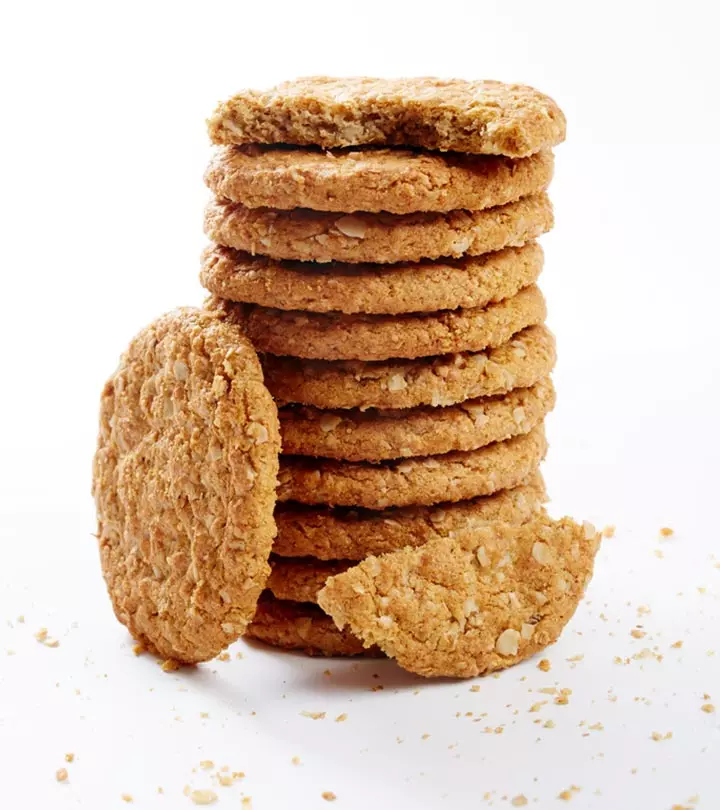
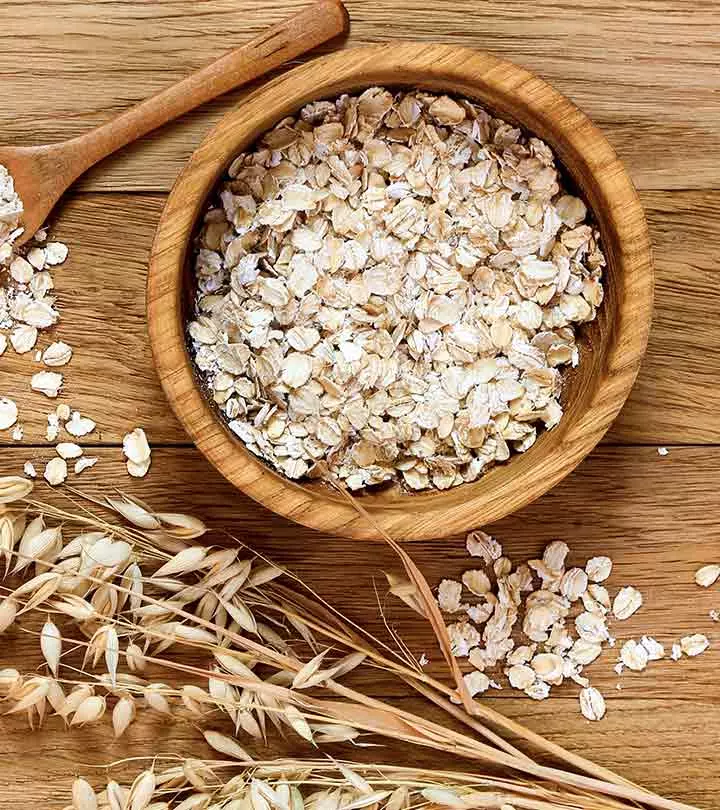
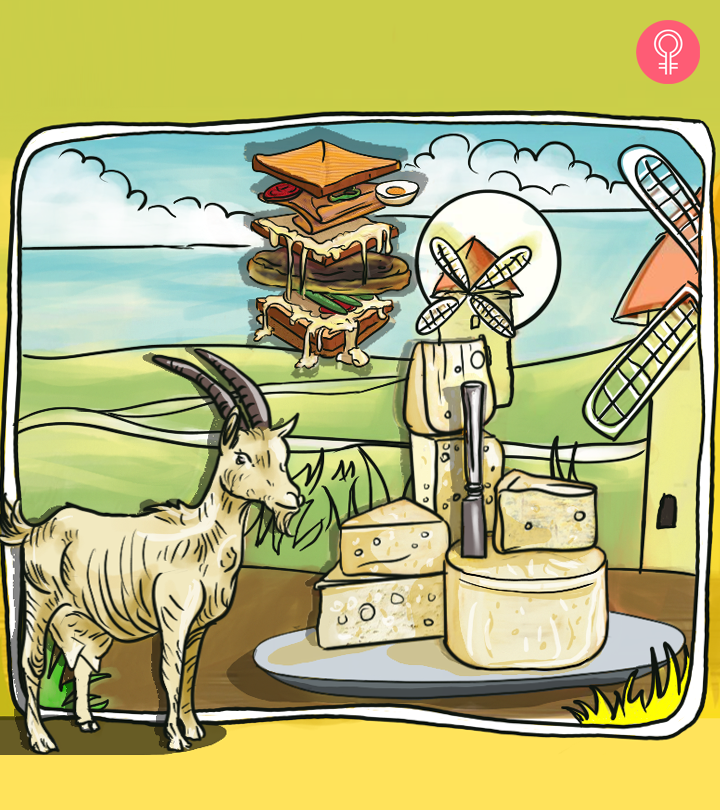
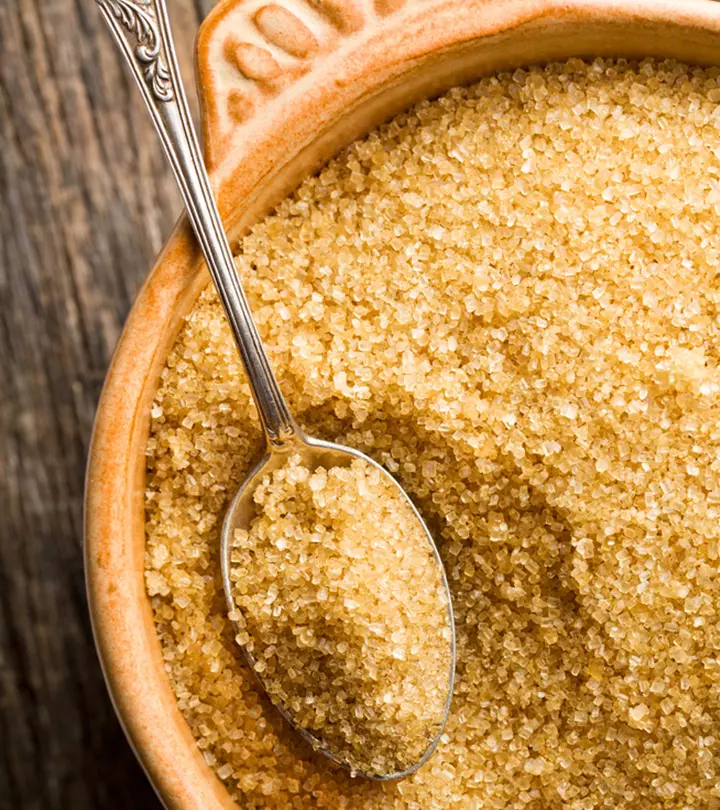
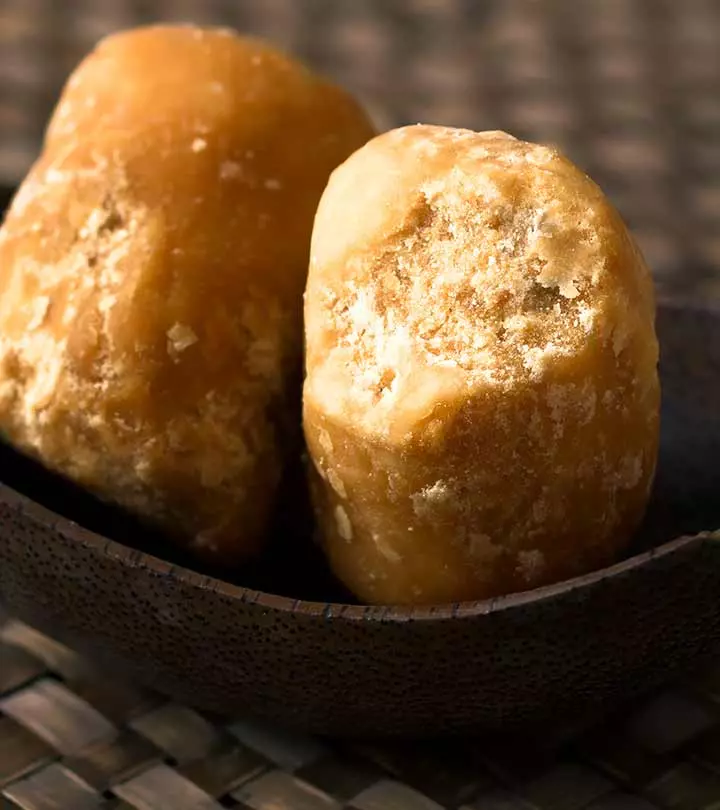
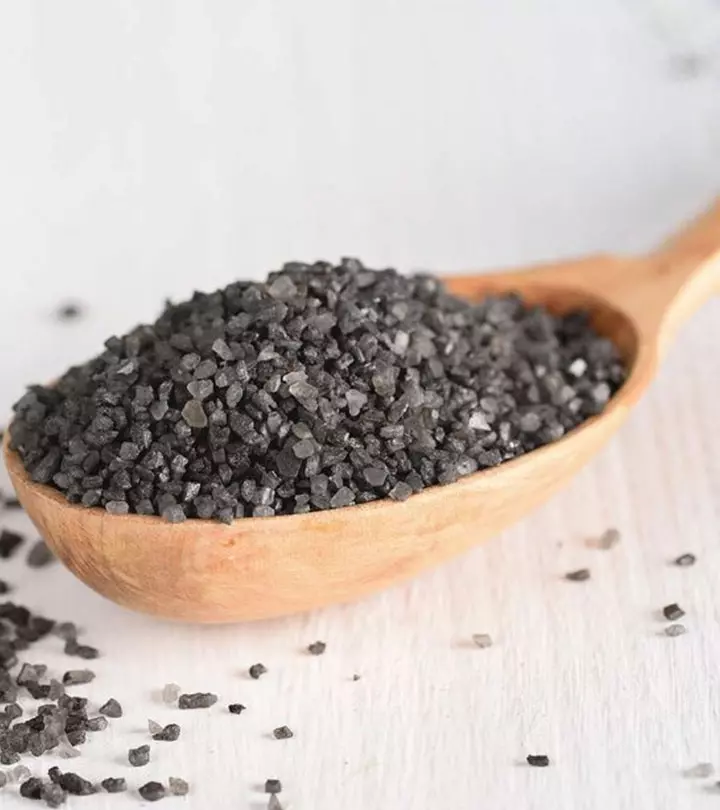
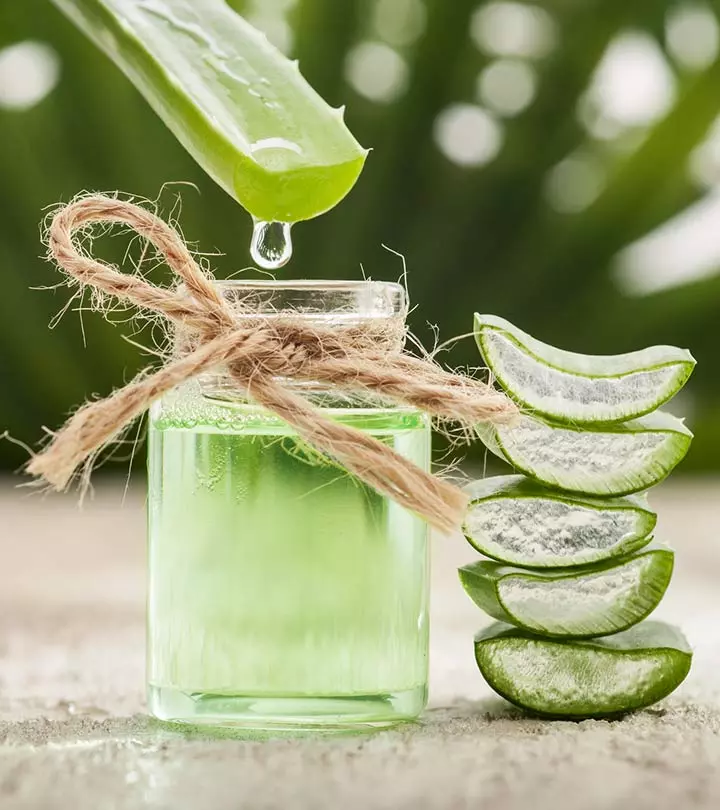
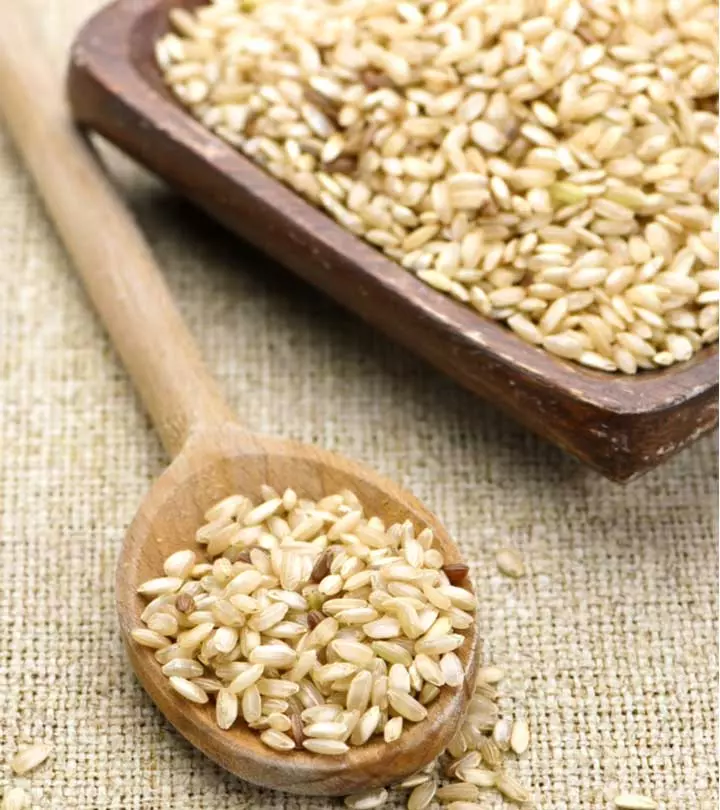
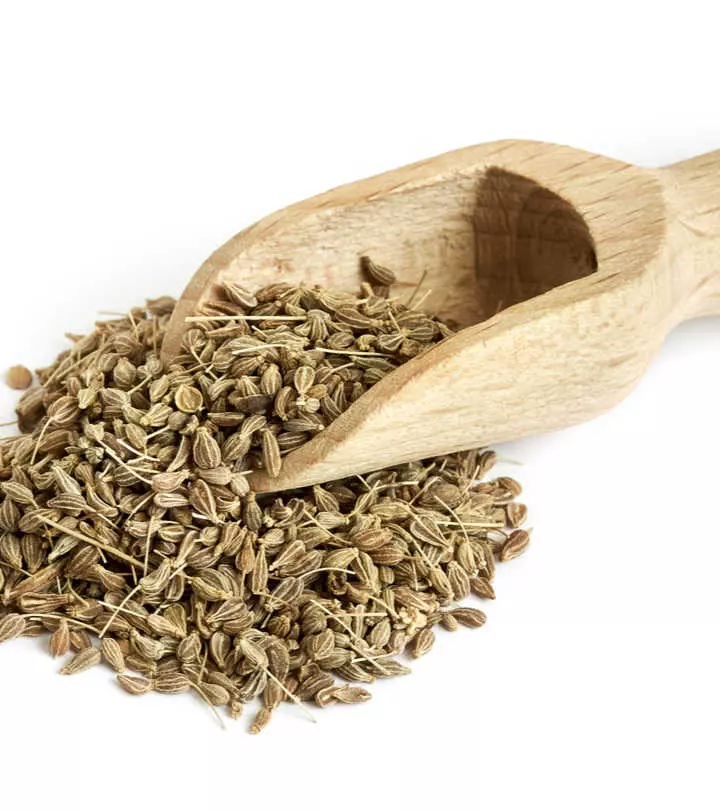
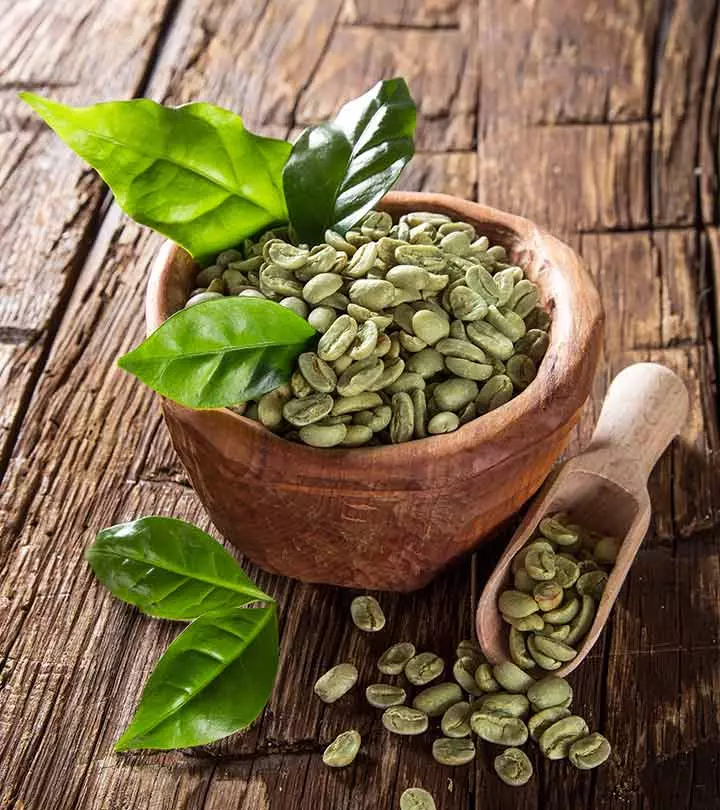
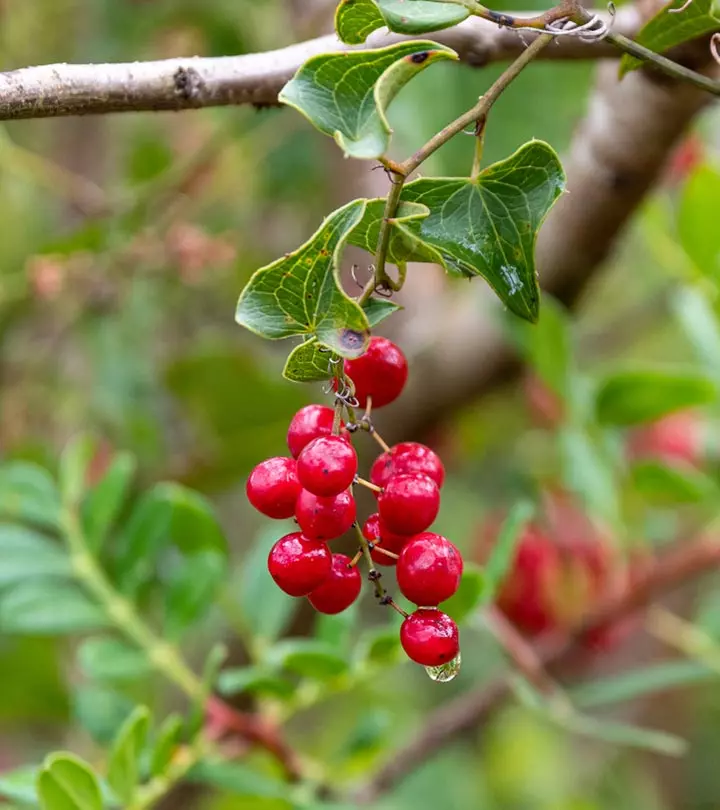

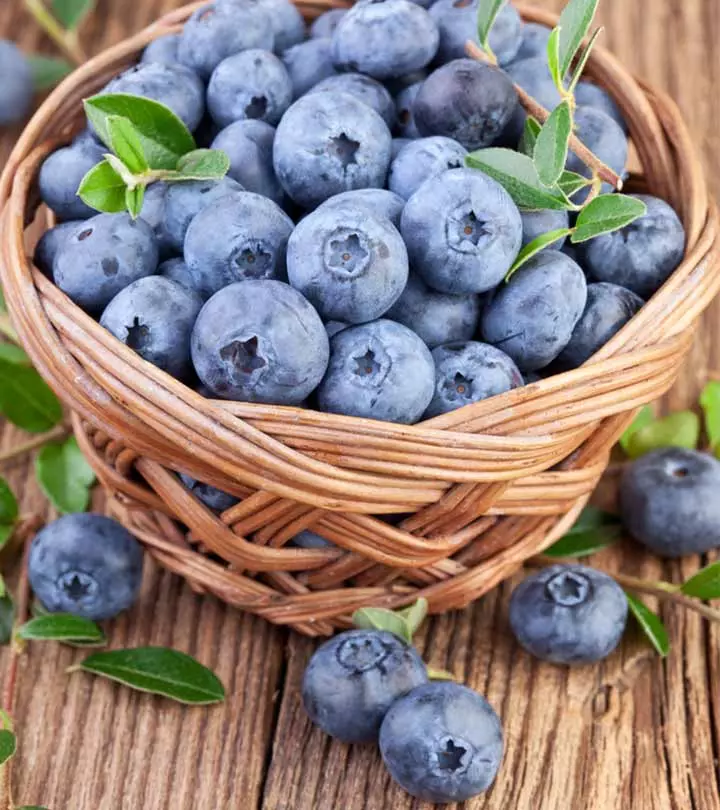
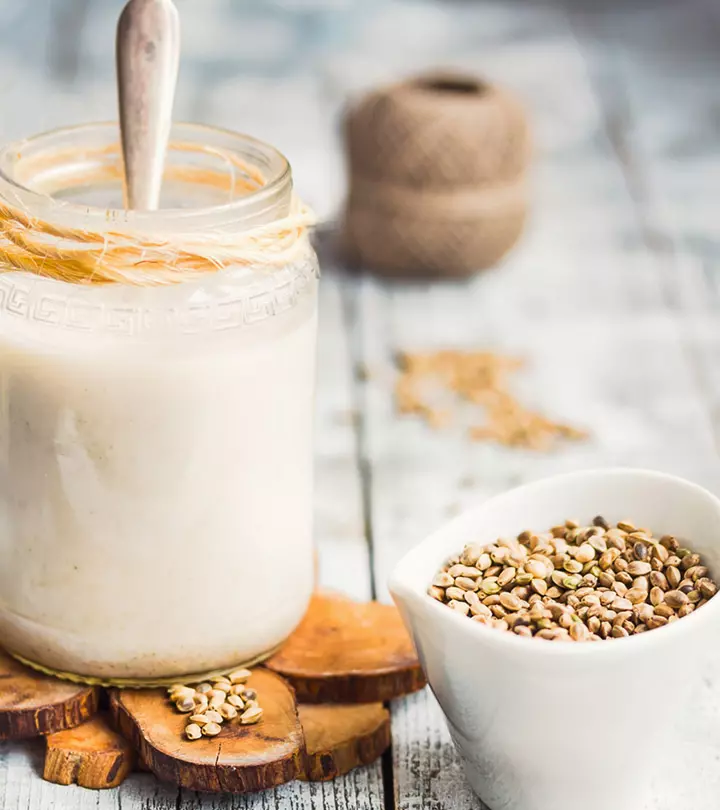
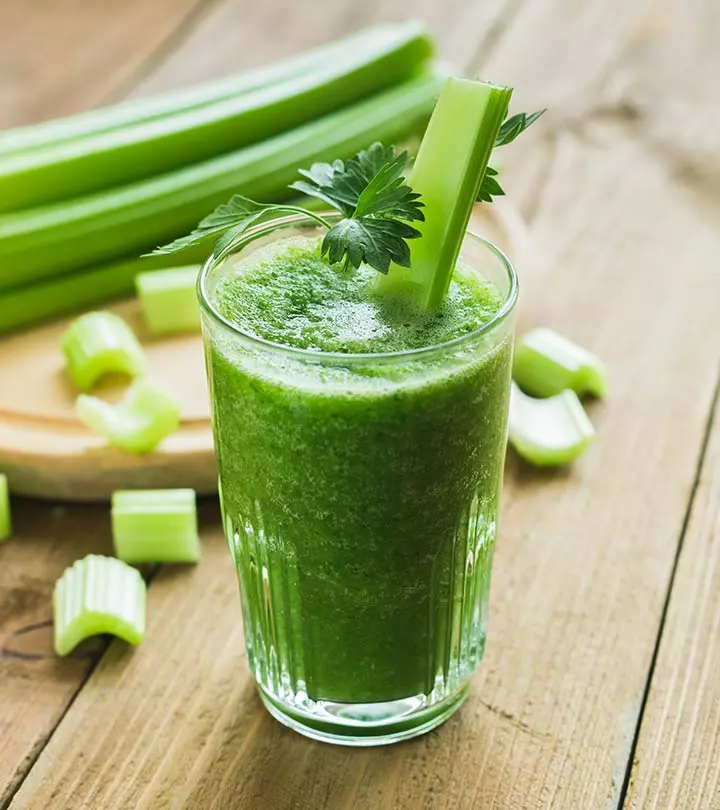
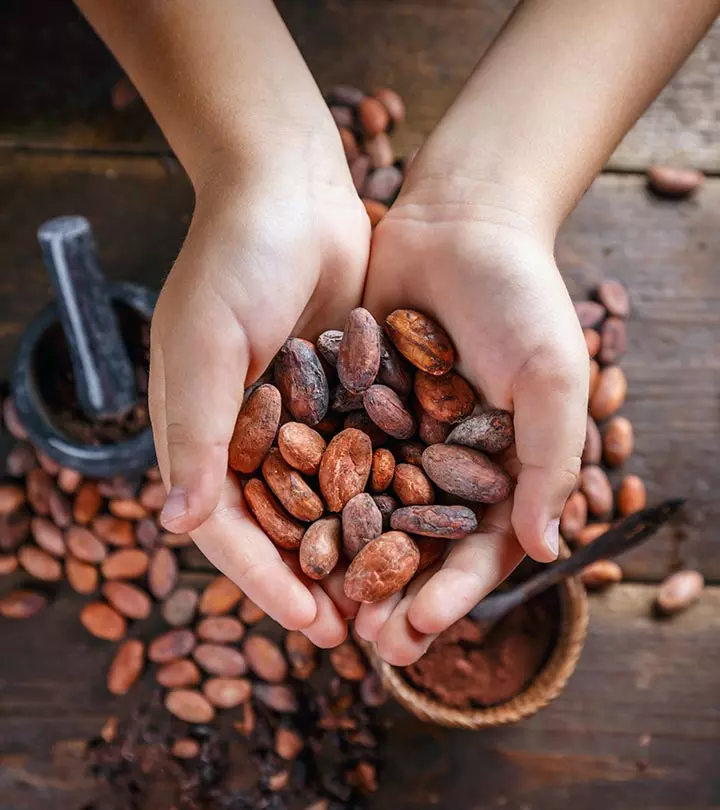
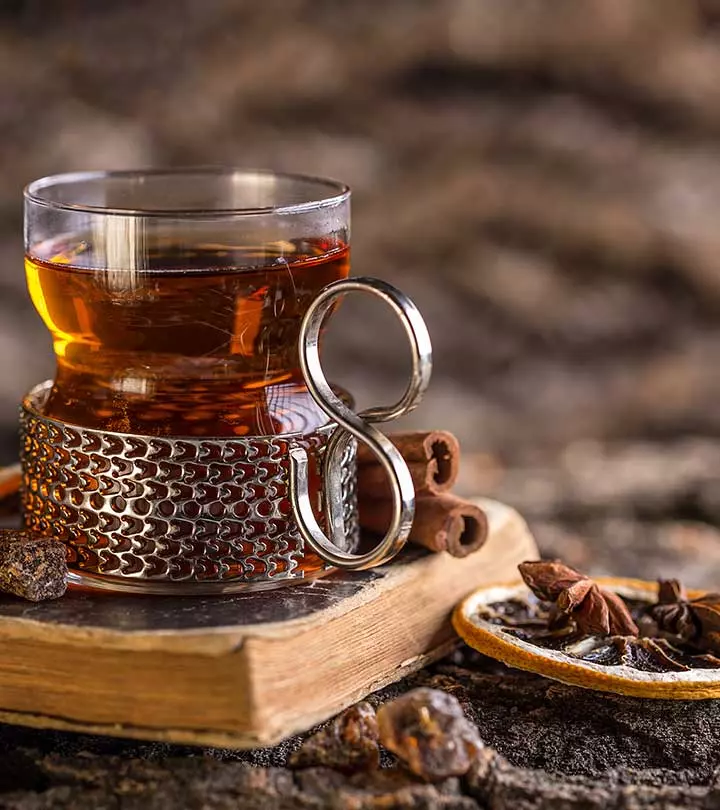
Community Experiences
Join the conversation and become a part of our empowering community! Share your stories, experiences, and insights to connect with other beauty, lifestyle, and health enthusiasts.